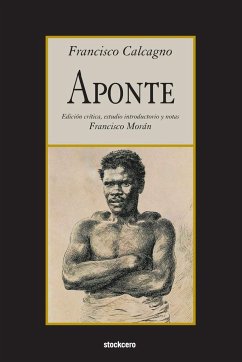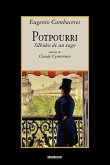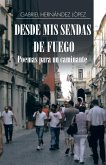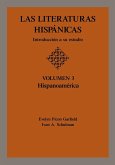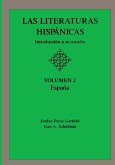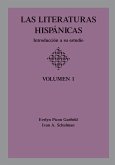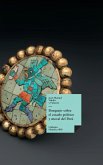Francisco Calcagno was one of the most prolific authors of Cuban XIX century, and yet one of the less studied by critics and scholars. His novels focused on blacks are nonetheless essential to understand how the creole elites view blacks and the fears they felt about the influence of blacks in a Cuba white and Spaniard. What could it then better than to read Aponte, along with Prof. Morán's insightful introductory study. There we find an excellent balance between history and fiction, archive material and criticism. In Prof. Francisco Morán's skillful hands Calcagno's novel becomes a literary dispositive that reveals the 19th Cuban culture, the cultural and identity politics that surrounded Calcagno, as well as the centrality of gender in the construction of otherness and the literary criticism as a passionate dialogical practice. If Aponte plunges us -unavoidably- in the bloody currents of Cuban racism, Morán's generous and insightful introduction inspires us to cross borders, to make connections, and to challenge simplistic readings. Dear reader: whiting this book you will find two indispensable texts: a classical novel of Cuban literature and an eloquent and brilliant historical interpretation. The revisionist method used by Francisco Morán in his reading of Aponte is simply brilliant. Displaying the erudition of a historian, the skills of a philologist and the persistence of a detective, Morán launches a hard attack against inculcated in our culture, and the neglect suffered by a classical writer of our literature.
Hinweis: Dieser Artikel kann nur an eine deutsche Lieferadresse ausgeliefert werden.
Hinweis: Dieser Artikel kann nur an eine deutsche Lieferadresse ausgeliefert werden.

